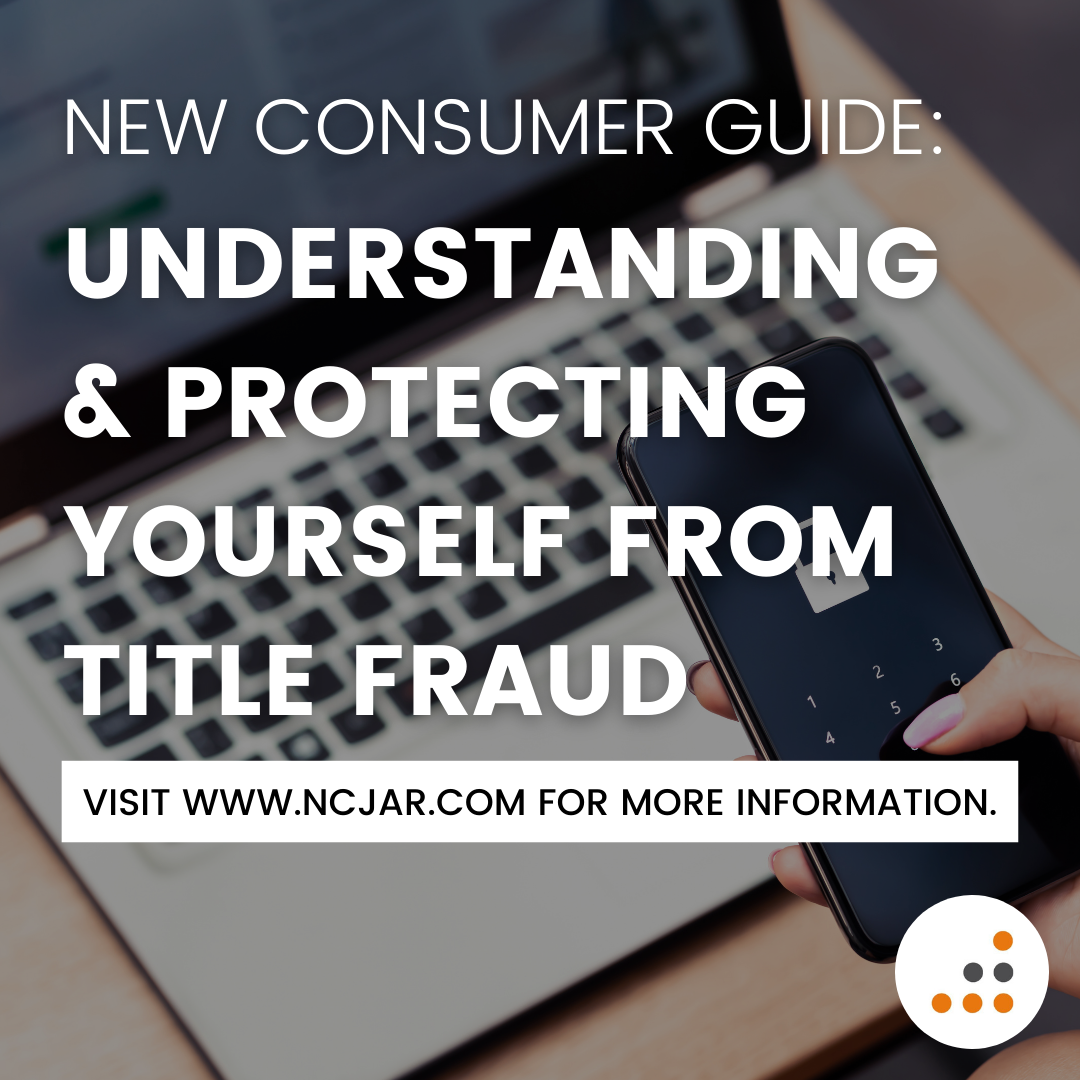 Owning a home is one of the most significant investments you’ll make in your lifetime. But did you know that someone could potentially steal your home—on paper—without you even knowing? It’s called title fraud, and it’s more common than you might think. Here's how it works, who’s most at risk, and what steps you can take to protect yourself.
Owning a home is one of the most significant investments you’ll make in your lifetime. But did you know that someone could potentially steal your home—on paper—without you even knowing? It’s called title fraud, and it’s more common than you might think. Here's how it works, who’s most at risk, and what steps you can take to protect yourself.
What Is Title Fraud?
Title fraud, also known as deed theft, happens when a criminal illegally transfers the title of your property to their name using forged documents or fake identification. Once they’ve faked ownership, scammers might try to sell the property, rent it out, or take out loans against it—leaving the real owner at risk of foreclosure or eviction, even if they're still living in the home.
Unlike many common scams that rely on direct contact with the victim, title fraud is often quiet and hard to detect until it’s too late.
How Does Title Theft Happen?
A scammer might:
- Forge your signature on a deed
- Use a fake ID to impersonate you
- File the falsified document with your local recorder's office
This makes it appear that you willingly transferred ownership of your home. In other cases, criminals pose as owners of unoccupied or vacant homes and attempt to sell or mortgage them fraudulently.
Who’s Most at Risk?
Title fraudsters often target:
- Vacant homes
- Rental or investment properties
- Homes owned outright (with no mortgage)
- Elderly homeowners
- Deceased owners’ properties
These properties are easier to transfer without someone noticing right away.
Red Flags to Watch For
Be cautious if:
- A property is listed for far below market value
- The “seller” refuses to speak by phone or video
- A remote notary or online-only transaction is being insisted upon
- You stop receiving property tax bills or start receiving unfamiliar mail
These are all warning signs that something might be amiss with the property’s title.
How to Protect Yourself
Whether you're already a homeowner or in the process of buying, these steps can help keep your title safe:
- Enroll in property fraud alerts if offered by your county
- Periodically check public property records for accuracy
- Use a trusted real estate agent and title company
- Verify wire instructions by phone to avoid phishing scams
- Consider owner’s title insurance, which protects your legal ownership
When working with a REALTOR®, you gain an experienced guide to help you navigate secure transactions and ensure proper title recording.
The Role of Title Insurance
Owner’s title insurance provides legal and financial protection if someone claims ownership of your property due to a forged deed or other title defect. Most mortgage lenders require a lender’s title insurance policy—but an owner’s policy protects you. It covers legal fees and losses due to fraud, errors in public records, and other title-related issues.
Signs You Might Be a Victim of Title Fraud
Watch for:
- Unexpected mail or bills in someone else’s name at your home
- Notices from banks, lenders, or the government about unknown loans or ownership
- Disruptions in receiving your property tax bills
If something seems off, don’t wait—investigate.
What to Do If You Suspect Title Fraud
If you think someone may have tampered with your home’s title:
- Report it to the FBI’s Internet Crime Complaint Center (www.ic3.gov)
- File a police report with your local department
- Contact a real estate attorney immediately
- Notify your county recorder’s office
- Inform your title insurance provider, if applicable
- Consider a credit freeze or fraud alert on your accounts
Quick action can limit the damage and help you reclaim your property rights.
Stay Safe, Stay Informed
At NCJAR, we’re committed to helping you make informed and secure real estate decisions. If you have questions or concerns about protecting your property, contact a local REALTOR® who can guide you with experience, trust, and integrity.
Please note: Real estate practices and protections—including those related to title fraud—may vary based on state and local laws. It’s important to consult your real estate professional and/or a qualified attorney for guidance specific to your area and situation. For more information and additional resources, visit facts.realtor.